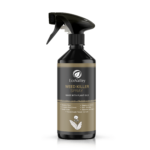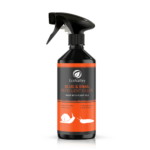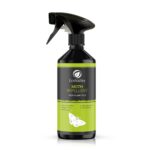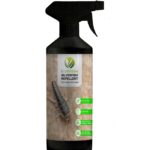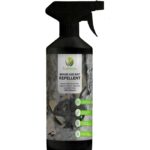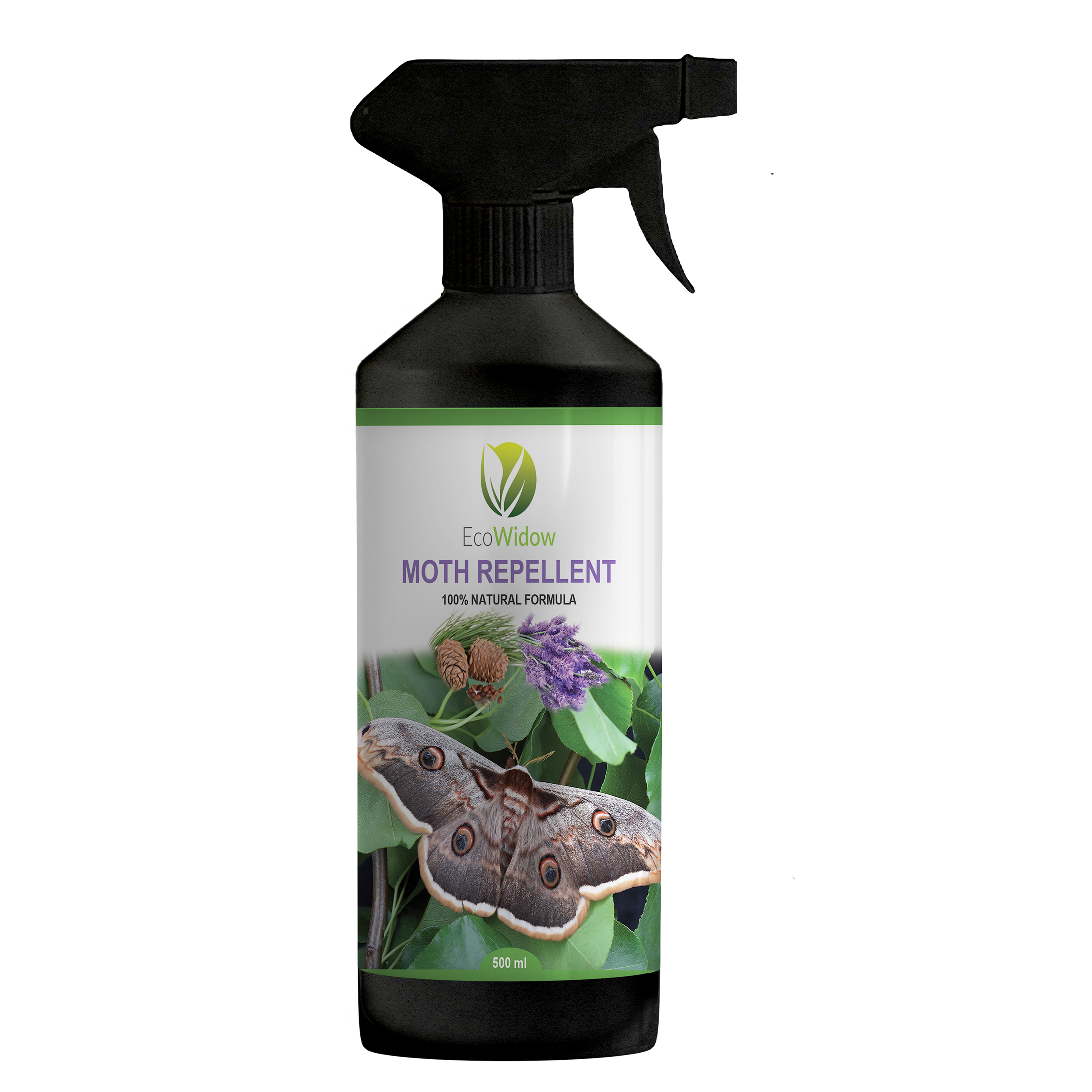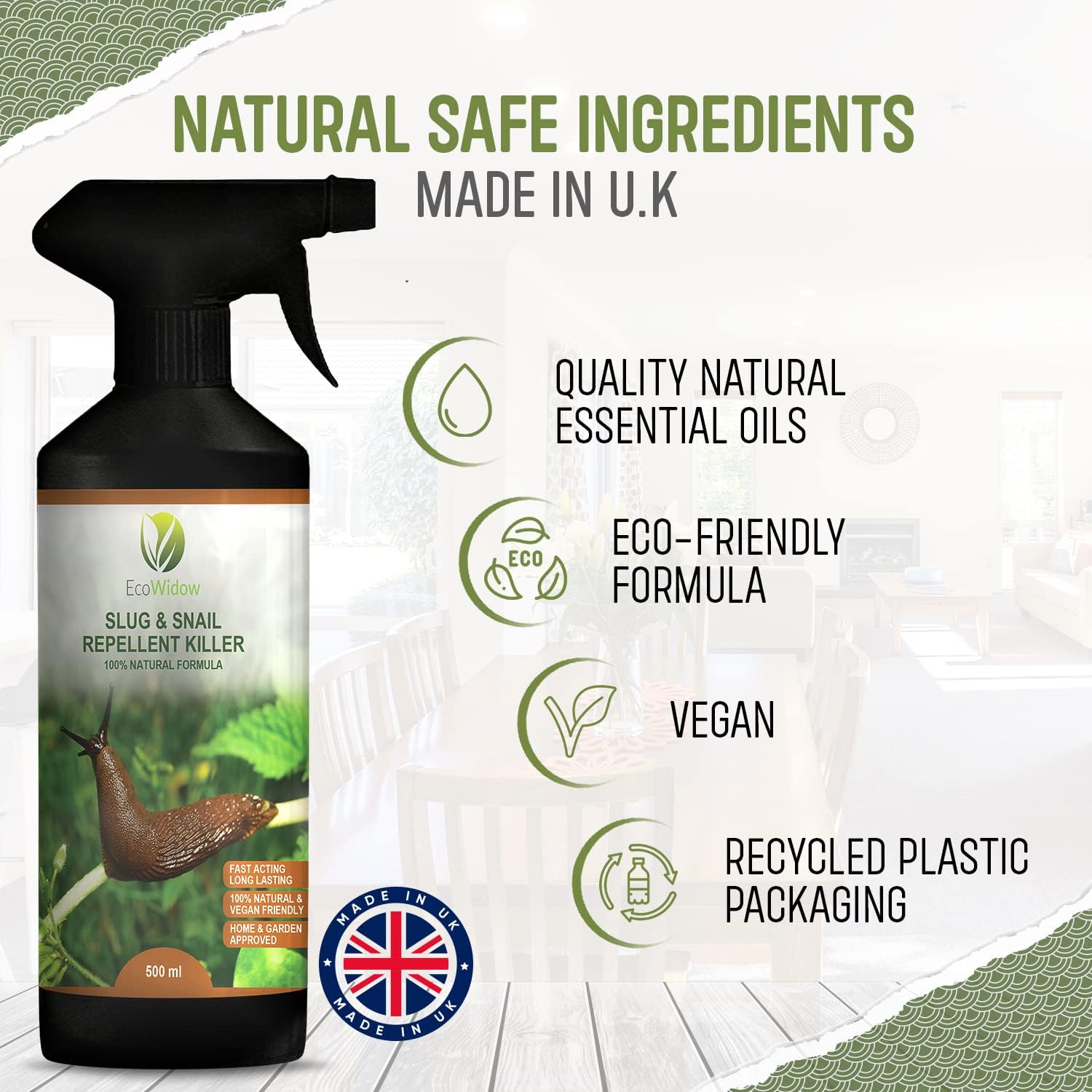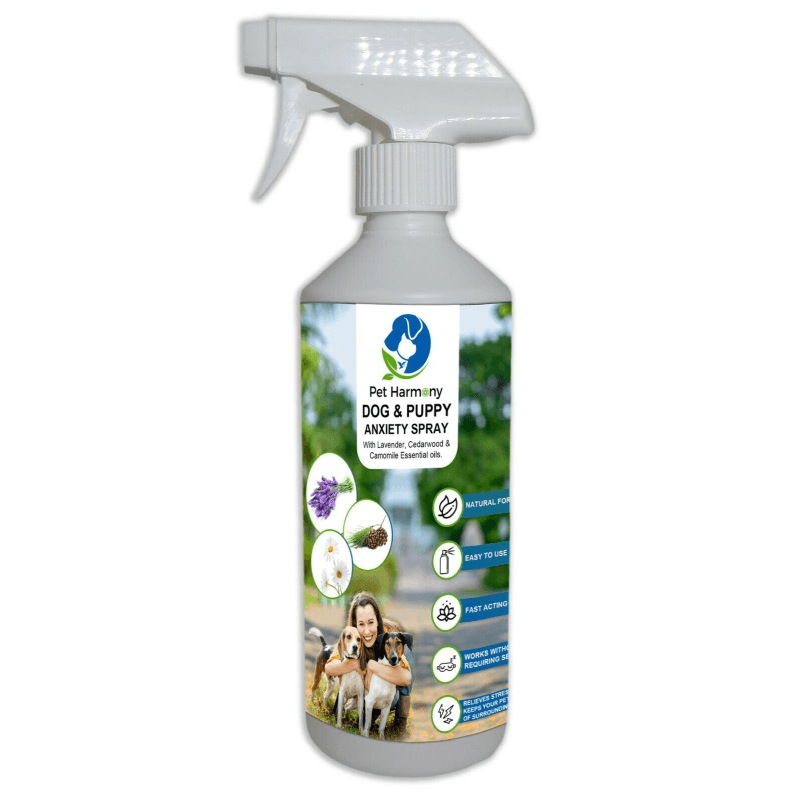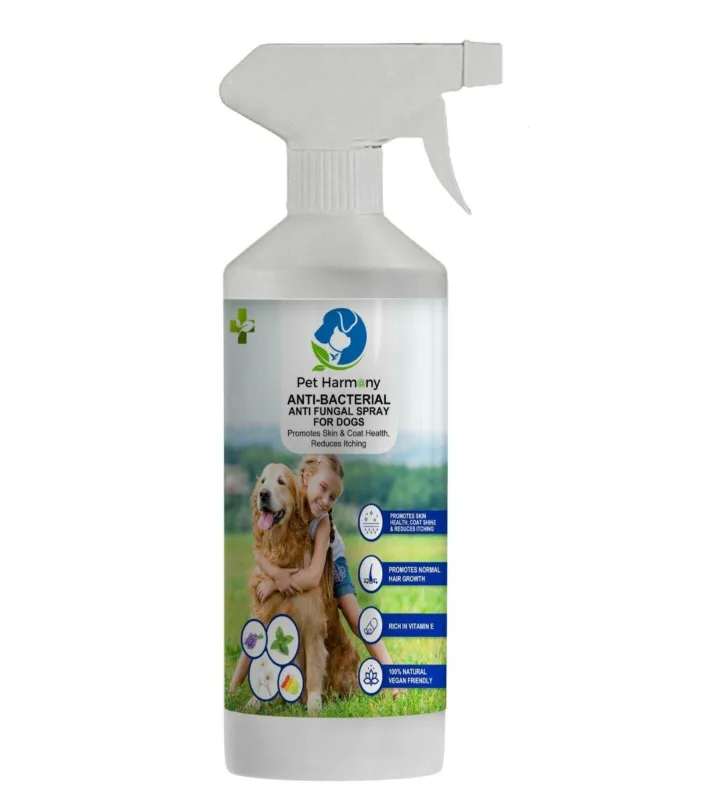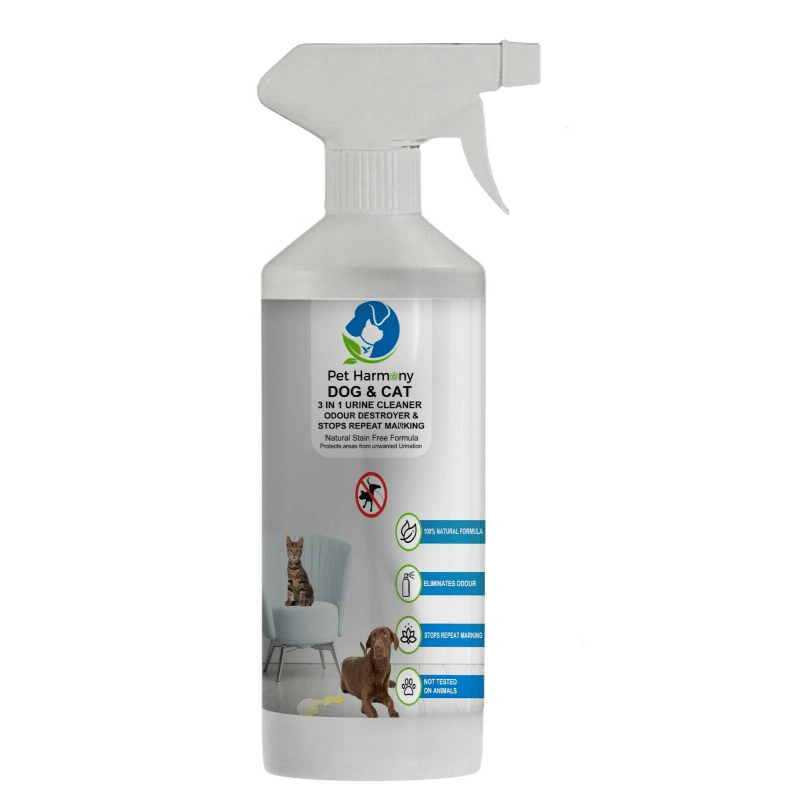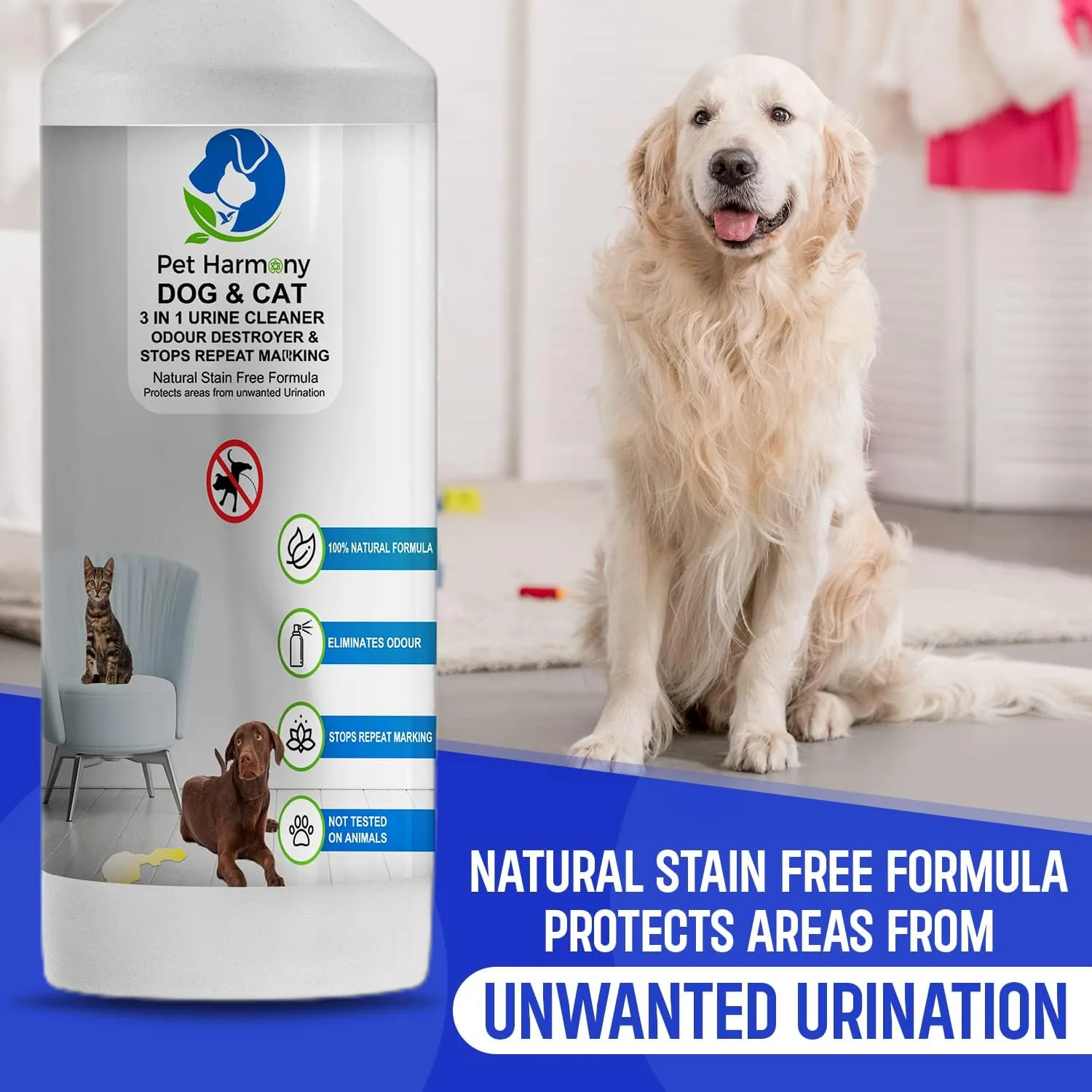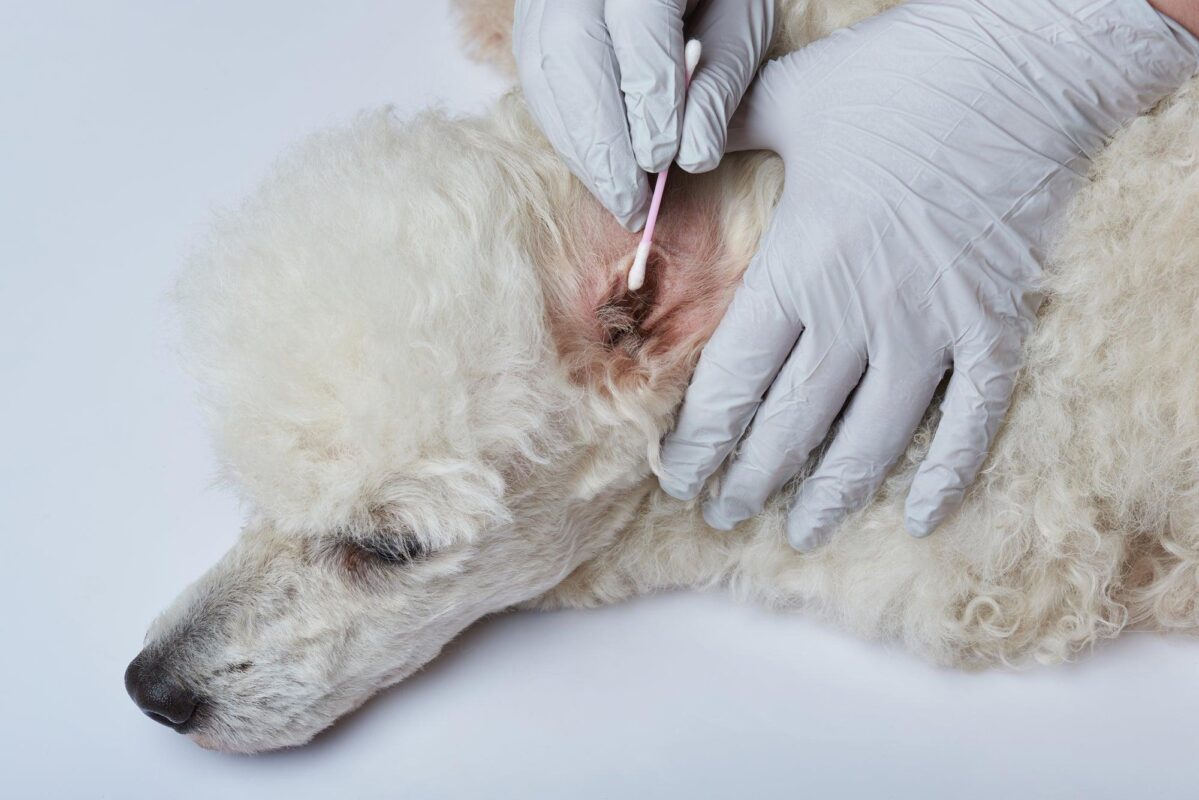If your dog frequently scratches and bites himself, you should see a veterinarian. He may be distracted from other activities and need to be restrained. Your veterinarian can best diagnose the problem if you have some background information. Some common causes of this problem are allergies, Yeast overgrowth, or Bacterial infections. To help your veterinarian determine the cause of your pet’s scratching problem, here are some reasons why your dog may be scratching and biting himself.
Allergic dogs react to pollen, grass, and dust mites
If you notice that your dog has been experiencing allergic reactions, you should see a veterinarian right away. The sooner you treat your dog’s allergies, the better because the symptoms of these conditions tend to worsen as he ages. But don’t be discouraged if the problem seems to be mild, as there are many ways to address this condition, including preventing your dog’s exposure to allergens at home.
In general, allergy symptoms manifest as a rash, itching, or hives. The problem is usually triggered by exposure to an allergen. The allergen can be mold, grass, or pollen. Environmental allergies are more likely to occur during certain seasons than others. Spring and summer are prime months for allergic reactions in dogs. In addition to pollen and grass, dogs can be allergic to flea saliva.
Yeast overgrowth
Your pet may be scratching and biting himself due to a yeast infection. If your dog is scratching and biting himself frequently, you should take him to a veterinarian. He will perform a standard physical examination and rule out other causes. He will take a complete medical history, including the onset and progression of the symptoms. Your vet may recommend a stool or urine test. If the symptoms persist after several weeks, you may also want to do a biopsy to identify the fungus.
Yeast overgrowth in dogs is a common problem that can be easily treated. However, the symptoms of yeast overgrowth are difficult to treat. Your dog’s diet must be evaluated to determine whether it is the source of the overgrowth. The immune system normally keeps yeast in check. A high carbohydrate diet can cause an overgrowth of yeast. Once this occurs, the infection can spread to other parts of the body.

Yeast infection
Your dog is exhibiting signs of a yeast infection. You might notice circular lesions on his skin, as well as an odor of yeast or dirt. The skin may be red, thick, or grey. Your dog may have a recurring yeast infection. He may also be losing his fur, especially around his tail and upper back. Fortunately, there is a treatment for your dog’s skin problem.
Treatment for yeast infection in dogs starts with determining the source of the infection. Certain types of drugs, such as steroid medications, suppress the immune system and make the dog more susceptible to the infection. Steroids also suppress the dog’s ability to fight off bacteria and germs, making him more likely to have a yeast infection. Other medications that promote yeast overgrowth include antifungal drugs and antibiotics.
Bacterial infection
If your dog is constantly itching, the cause could be a bacterial infection. Dogs often scratch themselves because they’re itchy, but this isn’t always the case. Other reasons include parasites, allergies, and seasonal changes. If you suspect a bacterial infection, consult your vet. He or she can prescribe an antibiotic or other treatment to treat the underlying infection.
Inflammatory diseases, like eczema or dermatitis, can lead to bacterial infections. Skin infections in dogs are also caused by bacteria found on their body or in the environment. If left untreated, these infections can lead to serious health problems. If you notice your dog scratching and biting excessively, seek medical care. Bacterial infections are the most common causes of dog scratching and biting.
Itchy skin
Many times, the culprit of your dog’s itchiness isn’t obvious. He may simply be allergic to a certain ingredient in the air, or he may be experiencing a change in environment. A change in humidity may also be to blame, but a visit to your vet can rule out any other medical conditions and help you determine the best course of treatment. Many times, the best approach is prevention, but you might need a stronger medication in some cases.
It’s important to determine the cause of your dog’s itching. If you notice your pet scratching and biting himself constantly, there may be something wrong with your dog. Your dog may have a skin condition that needs attention or an allergy, such as fleas or mites. Other causes of itchy skin in your dog are anxiety, boredom, or environmental factors. Your veterinarian can prescribe you an anti-itch product to reduce the problem and make it easier for you to manage your dog’s skin.

What can you give a dog for severe itching?
Various medications and treatments can help alleviate severe itching in dogs. Some of the most common remedies include over-the-counter antihistamines, corticosteroids, and retinoid creams. While all of these treatments have their benefits and drawbacks, it is important to choose the option that is right for your dog based on his specific symptoms. Over-the-counter antihistamines, such as Benadryl and Dramamine, are a good choice for dogs that have mild to moderate itching.
How can you tell if a dog has allergies?
Dogs can develop allergies to a variety of things, including pollen, dust mites, dogs, cats, and even other dogs. If your dog has an allergic reaction to something, you’ll see it in the form of swollen eyes, runny nose, or itchy skin. If you think your dog may have allergies, be sure to take her to the vet for a checkup. There’s no one-size-fits-all answer when it comes to diagnosing allergies in dogs; each case is unique. If your dog has itchy skin or a red, swollen nose, it may have allergies. To test if a dog has allergies, you can give them a food trial. If the dog’s symptoms clear up after eating the food trial, they likely have an allergy to that particular food. You can also give them a series of allergy tests to determine their specific allergen.
Pet Harmony Natural Dog spray for Itchy Skin
Do you have an itchy dog? If so, you may want to consider using a natural dog shampoo. Pet Harmony Natural Dog Spray is made with ingredients that help to soothe and calm your pet’s skin. This shampoo is also effective in removing dirt, dried sweat, and sebum build-up. It is safe to use on dogs with sensitive skin. This shampoo will leave your dog’s fur smelling and feeling clean, soft, and shiny. Your pet will be able to easily keep up with the daily grooming routine.
Conclusion
In conclusion, there are many potential reasons why a dog might be scratching and biting himself. Some of the most common causes include allergies, parasites, skin infections, and anxiety. If your dog is scratching or biting himself excessively, it’s important to take him to the veterinarian for a diagnosis and treatment.


